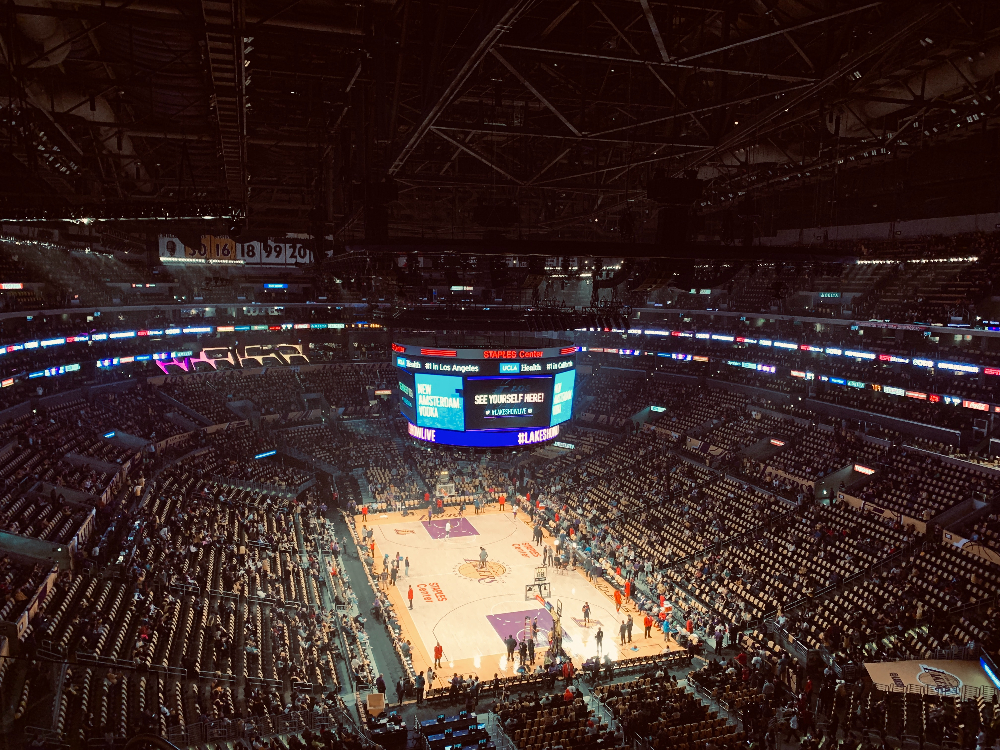
A new bill making its way through the US Congress is aimed at treating gambling, especially sports betting, as a public health issue. If passed into law, the SAFE Bet Act would have a huge impact on how US-facing gambling operators advertise and use AI in their marketing plans.
Sponsored by Congressman Paul Tonko (D-NY), the SAFE Bet Act would put sports betting in the same regulatory category as tobacco and alcohol. The bill’s practical effects on operators include a ban on advertising during live sporting events, bonus bets, odds boosts, and other commonly used marketing techniques. Operators would also be barred from using AI to track players’ betting habits.
Tonko, who says he’s not actually anti-gambling, worked closely with law professor Richard Daynard at Northeastern’s Public Health Advocacy Institute to develop the SAFE Bet Act. Daynard says he’s not anti-gambling, but that today’s sports betting market is unlike any that’s ever been seen. “We’re not talking about an activity. We’re not talking about gambling. This is not an attack on gambling,” he said in a recent press release. “Whatever one thinks about gambling as it was known five years ago before the gates opened to online sports betting, this is a different product.”
The SAFE Bet act is very similar to bills that have been passed by European governments in recent years and reflect the massive impact sports betting is having on Americans as a whole. It’s also an indication that the use of AI in the gambling industry is going to come under massive scrutiny in the months and years ahead.